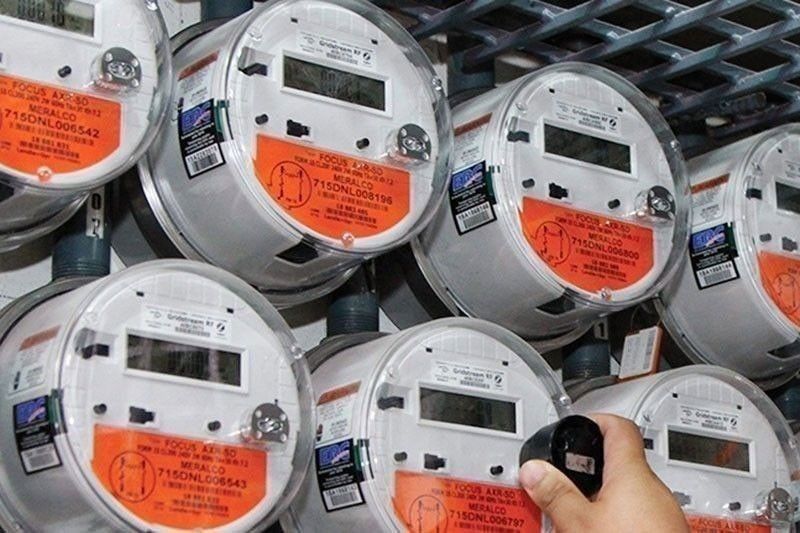BSP: Consumers may shoulder P15.7 billion power generation cost

MANILA, Philippines — The Bangko Sentral ng Pilipinas (BSP) expects electricity rates to increase further as around P15.77 billion worth of power generation cost may be passed on to consumers over the next three years.
In the latest Monetary Policy Report, the central bank said there is a high probability that the Energy Regulatory Commission (ERC) would soon release an order authorizing the collection of the additional power generation cost.
“The risk scenario assumes that an estimated P15.77 billion worth of power generation cost will be passed on to consumers with the adjustment spread equally over the next three years starting in June 2024,” the BSP said.
This was due to a 2022 Supreme Court decision that nullified the ERC’s 2014 decision to cap Wholesale Electricity Spot Market (WESM) prices from November to December 2013.
The ERC had capped the WESM prices in late 2013 to address the higher prices of electricity imposed by power generation companies during the maintenance shutdown of the Malampaya gas field.
Higher electricity rates will contribute to the country’s inflation rate, which has stayed within the two to four percent target of the BSP for five months straight.
Inflation accelerated to 3.8 percent in April from 3.7 percent in March and averaged 3.4 percent in the first four months of the year, still within the central bank’s target range.
Aside from likely higher electricity rates, the balance of risks to the BSP’s inflation outlook has been skewed to the upside due to higher global oil prices, higher prices of food commodities facing supply constraints and implementation of a legislated increase in the minimum wage.
According to the BSP, there is a medium probability that geopolitical conflicts in the Middle East could worsen and lead to higher global crude oil prices.
“The risk scenario assumes Dubai crude oil prices to average at $94 per barrel from May to December 2024,” the central bank said.
The assumption is based on the World Bank’s Commodity Markets Outlook for April 2024, which sees a moderate conflict-driven disruption estimated to reduce oil supply by about one million barrels per day.
Ongoing supply constraints on key food commodities could also lead to an uptick in inflation, the BSP said.
“Below-normal rainfall conditions could affect local rice and corn production, while African swine fever and avian flu continue to threaten the production of pork and poultry,” it said.
Reduced fishing activities due to rising fuel costs and restrictive imports could result in lack of fish supply.
Furthermore, sugar and onion supplies are also affected by the absence of sufficient import programs.
“Under this risk scenario, elevated prices are assumed to persist until the third quarter for rice and until the fourth quarter for the rest of the commodities identified. An overall medium probability is assigned to this risk,” the BSP said.
The central bank also flagged a medium probability for higher fares in jeepneys, trains, taxis as well as higher toll rates.
The BSP considers different scenarios that pertain to upside and downside risks to the inflation outlook, which is summarized in a risk matrix. The various scenarios are then assigned probability values.
- Latest
- Trending


























